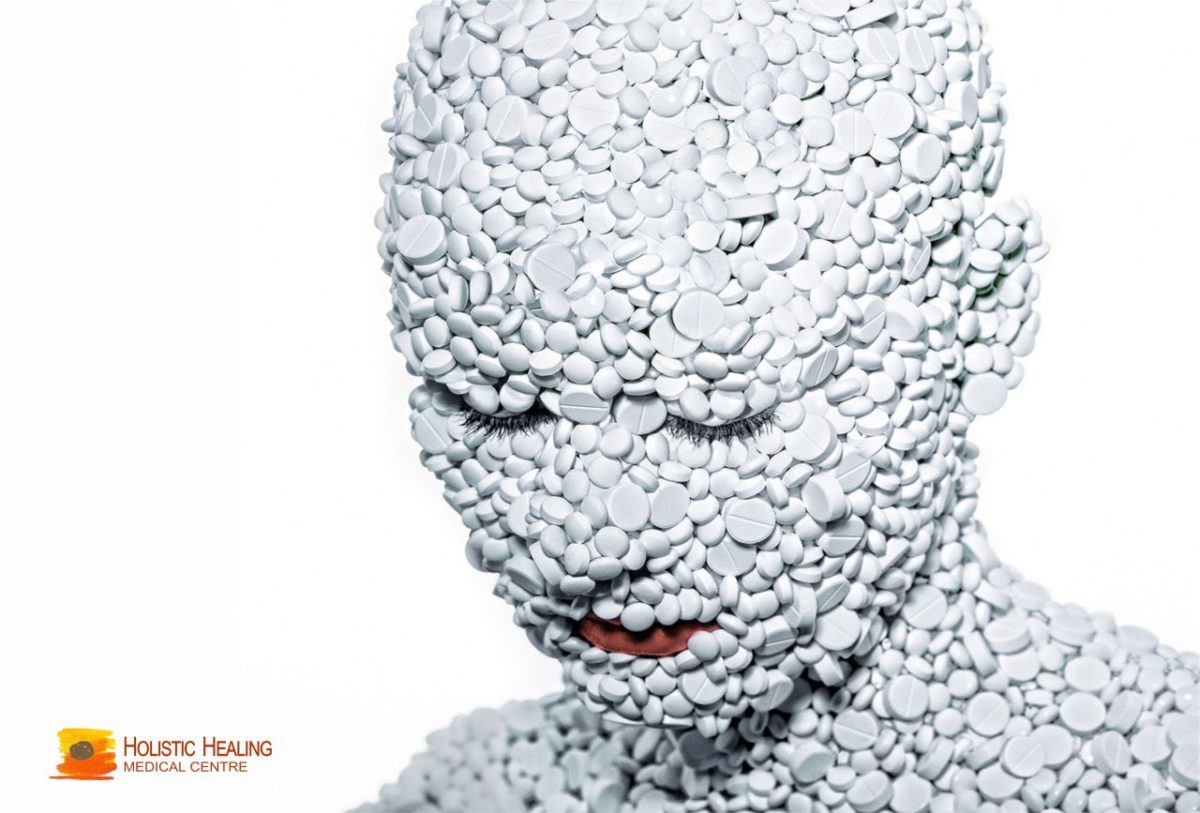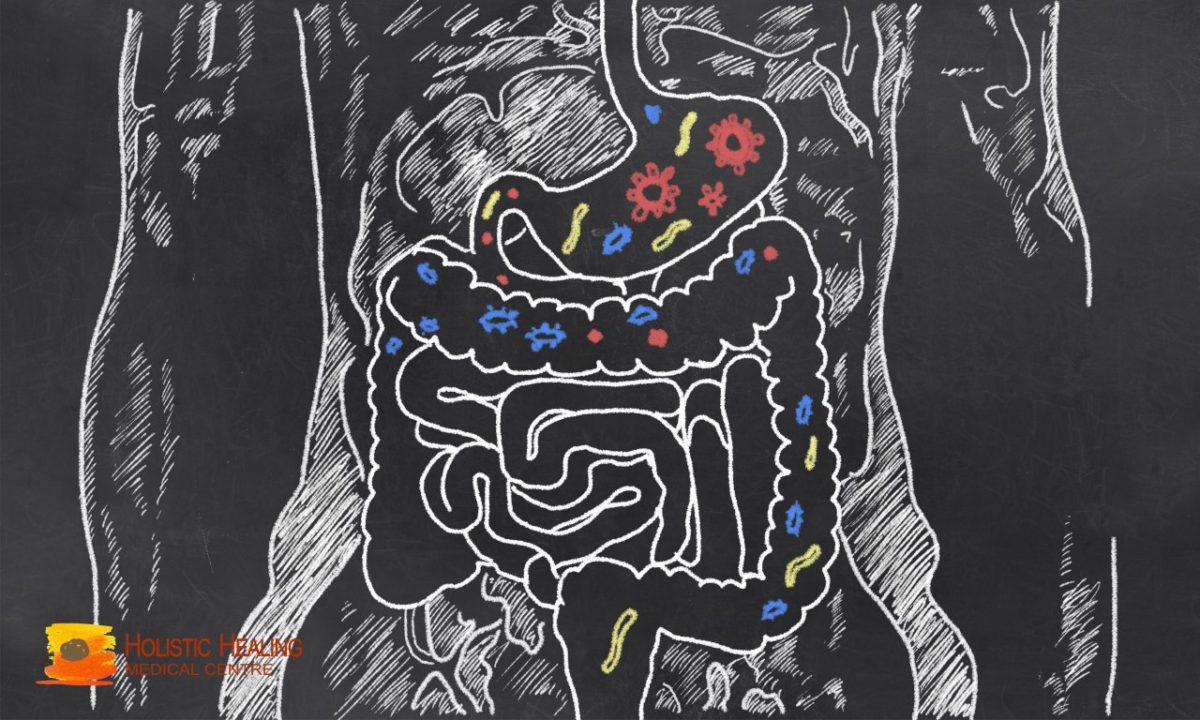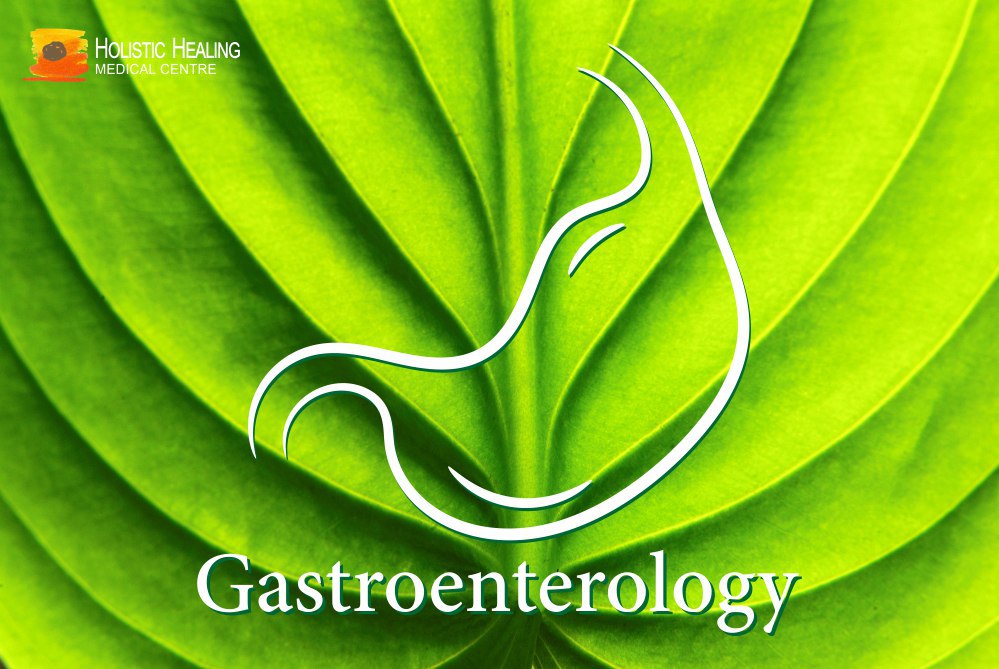Hidden in the walls of our digestive system is something extraordinary. Scientists have known about it for a while, but new technology is taking the research to the cutting edge. What is being discovered there will revolutionise the way we think about mental and physical health.
What happens in our head has a lot to do with what’s happening further south, in what scientists affectionately call ‘the brain in our gut’. It has a strong connection to the brain in our head and together, they are key players in mood, and mental health. The brain in our gut, or the second brain as it is also called, is made up of more 200-600 million neurons, arranged in the intricately folded tissue that lines the gastrointestinal tract. With firepower like that, it’s not surprising that the gut does so much more than deal with food and the messier parts of being human.
It plays a critical role in mental and emotional functioning by sending information to the brain and directly influencing things like feelings of stress, anxiety and sadness, as well as memory, decision-making and learning. The brain in our gut is not capable of thought as we know it, but it communicates back and forth with our main brain, playing a critical role in our mental and emotional well-being.
Unhappy mind. Unhappy belly. Which comes first?
It’s no secret that anxiety, stress and depression often bring unhappy bellies with them, by way of irritable bowel syndrome, constipation, diarrhea, bloating and pain. For decades, doctors thought that stress, anxiety and depression were the cause, but now it seems that it’s actually the other way around. Irritation in the gastrointestinal system seems to send signals to the brain that trigger mood changes. We know that probiotics seem to alleviate the symptoms of anxiety and depression and this might be why.
The gut is not only important for physical health, it’s also critical for mental health. What’s fascinating is the direction of influence. The longest nerve exiting the brain is called the vagus (actually they are one pair of 12 pairs of nerves that run from the brain). It runs from the brainstem to the belly and touches the heart and most major organs along the way. Here’s the fascinating part. About 90% of the fibres in the vagus, carry information from the internal organs in the chest (such as the heart) and the abdomen to the brain, not the other way around.
Our language holds evidence of this – we were talking about it well before we knew it. If you’ve ever been directed by ‘gut instinct’, ‘gone with your gut’ to make a decision, or ‘listened to your heart’, you’re likely getting signals from this second brain in your belly. Messages also travel the other way, from the brain to the heart and the gut, also via the vagus nerve but without a doubt, the main direction of information flow is from the gut to the brain.
The Role of Gut Bacteria.
As well as neurons, there is another major player in the gut-brain connection – the 100 trillion bacteria that set up home inside your gut. According to professor of physiology, psychiatry and behavioral sciences at UCLA, Emeran Mayer, gut bacteria contains phenomenal wisdom that gets sent to the brain. They affect our behaviour every minute of every day from the day we are born, and possibly before.
A Fascinating Study: From Extroversion to Introversion via the Gut
Mayer’s research has shown how the specific combinations of bacteria in the gut might influence the wiring of the brain, and in turn affect such things as temperament, mood and learning. Other researchers have also explored a possible connection between gut bacteria and behaviour, and they’ve made some remarkable discoveries.
In one study, when the gut bacteria of timid mice was transferred into the gut of extroverted mice those extroverted mice became more anxious. It also worked the other way. When the timid mice received the gut bacteria of the bold mice, the timid mice because more bold and extroverted. Aggressive mice calmed down when scientists adjusted the their gut bacteria by giving them probiotics or antibiotics.
Another Study: The Connection Between Gut Bacteria and Temperament
Research has found correlations between temperament and the presence of specific intestinal bacteria in toddlers, particularly boys. The connection was independent of history of breastfeeding, diet and the method of childbirth. Here’s what they found:
The children with the most genetically diverse types of gut bacteria were more positive, curious, sociable and impulsive. In boys, extroversion was associated with an abundance of particular types of bacteria (Rikenellaceae and Ruminococcaceae families and Dialister and Parabacteroides genera).
In girls, self-restraint, cuddliness and focussed attention were associated with a lower diversity of gut bacteria. Girls with an abundance of a particular family of bacteria (Rikenellaceae) seemed to be more fearful than girls who had a more balanced diversity of microbes.
This research is still in its early days, so we still don’t know what a healthy tummy would look like in terms of the combination of gut bacteria, or what factors would influence this. It is possible that the perfect balance of microbiome will vary for all of us. For this reason, the researchers caution against trying to change a child’s gut microbiome just yet.
The Gut and Depression.
Depression is widely attributed to a drop in serotonin, a neurotransmitter that is responsible for mood. What’s extraordinary is that only 5% of the body’s serotonin is stored in the brain. The other 95% of the body’s serotonin is stored in the gut. It’s not surprising then, that the most commonly used antidepressants that work on changing serotonin levels often come with a side of gastrointestinal issues. It’s also not surprising that the gut might play more of a role in depression than we yet realise. Research continues to look down this track for answers.
The Gut and Anxiety.
Researchers have found that young adults who eat more fermented foods (which contain probiotics) have fewer symptoms of social anxiety. As explained by Psychology Professor Matthew Milimire, ‘It is likely that the probiotics in the fermented foods are favourably changing the environment in the gut, and changes in the gut in turn influence social anxiety … the microorganisms in your gut can influence your mind.’
Food and the Comfort Factor.
The need for comfort rarely sees us diving for the celery. Pity. Instead, ‘comfort food’ tends to be high fat, high energy food. The relationship between food and mood isn’t all in our heads. Yes comfort food tastes delicious, smells delicious and might remind us of times we felt happy and secure, but there’s so much more to it than that, as a team of Belgian researchers have shown.
The researchers delivered nutrients to the stomachs of participants via a nasogastric tube, with the intention of taking away the smells, tastes and memories that are typically associated with comfort food. The participants were given either ordinary saline solution or an infusion of fatty acids. Without knowing what they were receiving through the tube, those who received the fatty acids reported half the levels of sadness and hunger compared to those who received the saline. This also showed up in brain scans. Very quickly after fatty acids hit the stomach, scans showed greater activity in the part of the brain that moderates emotions.
Stress and Food
Early research found that stressed-out mice would opt for a higher-fat food (peanut butter) over regular chow. Not surprisingly, they put on more weight than their less stressed friends. In times of stress, the gut amps up the production of ghrelin, a hormone that signals hunger to the brain. Research in humans has found similar results. In a recent study, couples were found to have significantly higher amounts of the appetite-triggering hormone following an argument. The researchers stop short of suggesting that unhealthy relationships cause poor food choices, but they acknowledge that the correlation is a strong one. There seems to be little doubt that one of the ways stress influences behaviour is via the gut, specifically on the production of ghrelin, which sends messages to the brain around appetite and food choices.
Could gut bacteria be behind this?
Mayer points out that the last 50 years has seen a dramatic rise in autism, multiple sclerosis, Parkinsons and obesity. All of these have altered gut bacteria and brain-gut interactions. At the same time, throughout the last fifty years, we have dramatically changed the way our food is produced and processed, and the way we use antibiotics. Has the way we’re doing things lead to the dramatic increases? At this stage, it’s only speculation, but it’s an area of research that is gaining traction.
Where to now?
Mental health is not all in our head. Neither is mental illness. Finally, science is giving us real proof of this. There is little doubt that mental and emotional health is influenced by the state of our gut. The research is exciting and is promising to revolutionise treatments for a range of conditions and the way we take care of our mental health.
The research is constantly evolving, but what we know for sure is the importance of being attentive to the state of the gut and doing what we can to keep it healthy. It holds our second brain, and quite possibly, one of the vital keys to our mental and emotional well-being.










